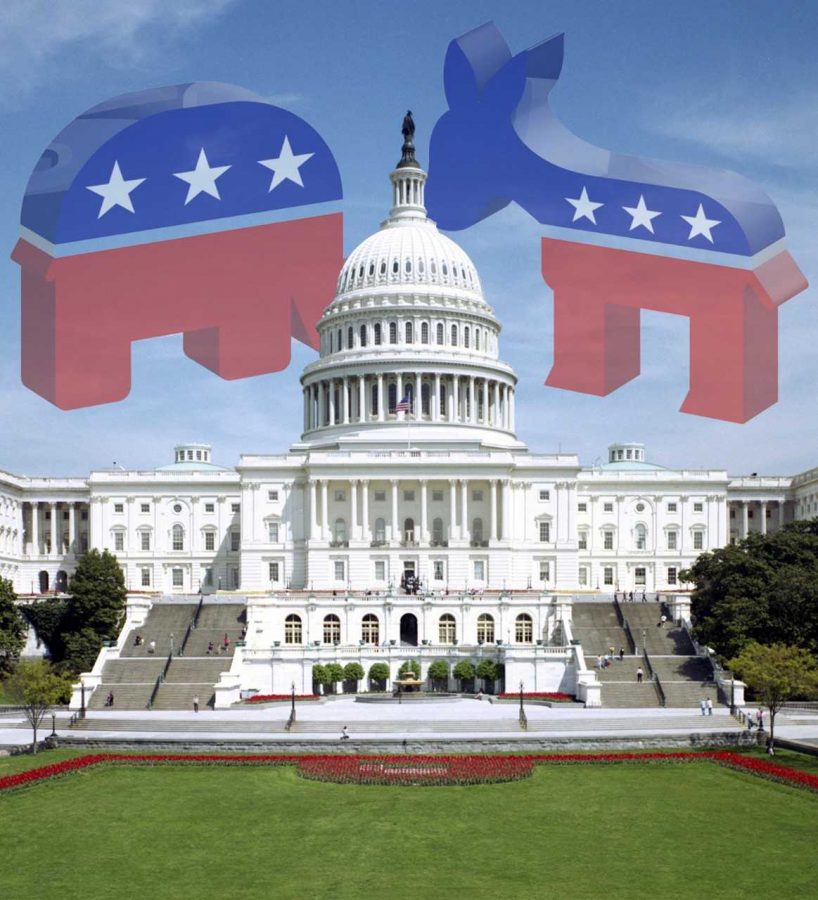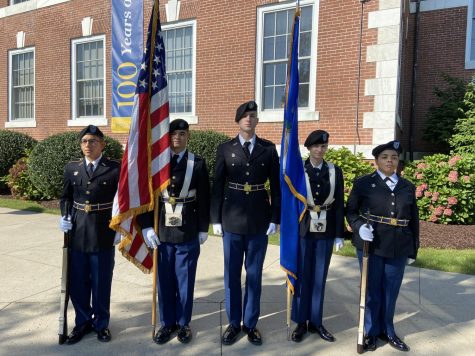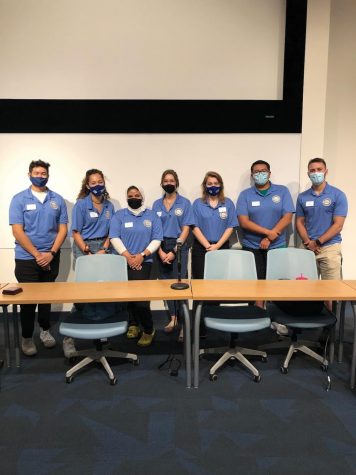Students and Faculty Weigh In On Shutdown
The government is now open, ending what became the longest government shutdown to date. The shutdown lasted over 30 days, and is now in the midst of a three-week open period for legislators to get together in an attempt to compromise on a federal budget.
Federal workers, students receiving financial aid, and other Americans who rely on government agencies for food stamps or welfare were affected by the shutdown. The move to halt government funding only seemed to further solidify Trump’s low approval rating, capping it at about 39 percent.
Despite the low approval rating, students and faculty at the University of New Haven continue to have mixed feelings of the government shutdown. While the shutdown has negatively impacted the lives of thousands of Americans, opinion still differs when considering the effectiveness of the shutdown.
Senior AJ Kantzelis and junior Timothy Anop, president and vice president of the University of New College Haven Republicans respectively, believe that shutting down the government is an effective way to incentivize legislators.
“The last thing that we want is for the government to shutdown,” said Kantzelis. “But when people aren’t doing their job anyway, you have to make some kind of bold move to get everyone on track.”
However, Dr. Chris Haynes, an assistant professor of political science at the University, believes that while shutdowns may be effective, this one will not be so lucky.
“A lot of the factors that are shaping this debate are aligning behind the Democrats and the Republicans in Congress coalescing around a solution that doesn’t involve a physical barrier, a physical wall,” said Haynes, talking about the budget proposal to build a wall at the nation’s southern border. “Probably, in the bill, is going to be increased money for ‘border security’ and that could include additional drones, additional man power, better technology.”
As for when the government shutdown will truly end, only time will tell. But depending on who you ask, you may get different answers.
“I do think the government is going to get shutdown and I do think it’s gonna affect the Democrats in the long run,” said Anop. “You saw Nancy Pelosi and Chuck Schumer ‘We won’t talk about it until the governments open.’ Perfect, we opened up the government. Now let’s talk. When it comes time to vote, don’t you want to vote for people who want to have the conversation?”
Meanwhile, Haynes thinks the Republican leaders are more likely to reach a compromise with the Democrats than Kantzelis and Anop.
“I don’t think the Democrats are gonna cave,” said Haynes. “Mitch McConnell and the Republicans in the Senate compromise with Nancy Pelosi on a resolution that does not include a wall funding. My guess is that it’s all over in two weeks.”

Everett Bishop is a senior at the University of New Haven and is student life editor for The Charger Bulletin. He is double majoring in communications...










